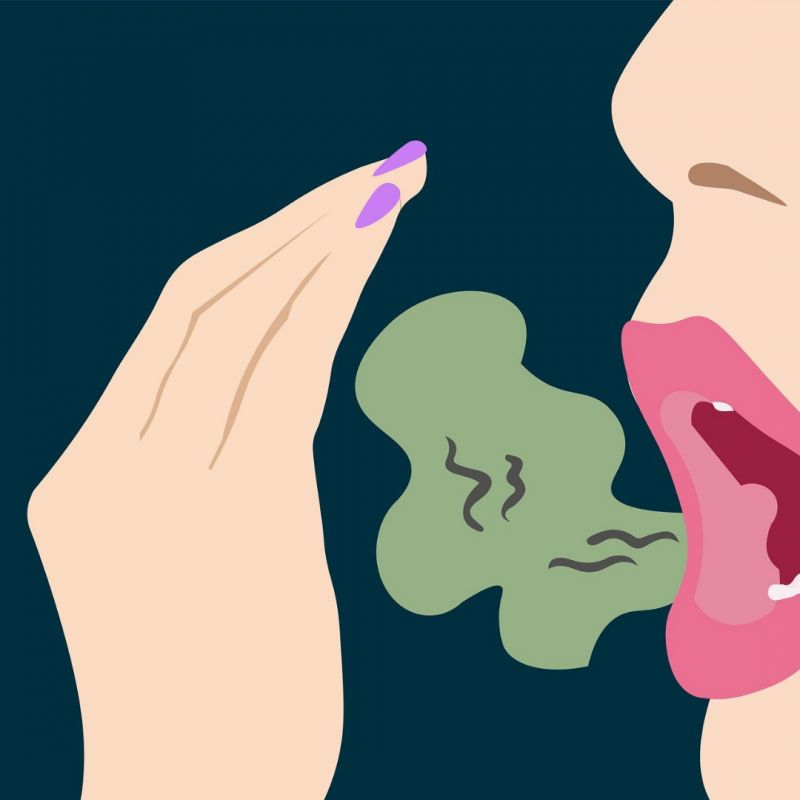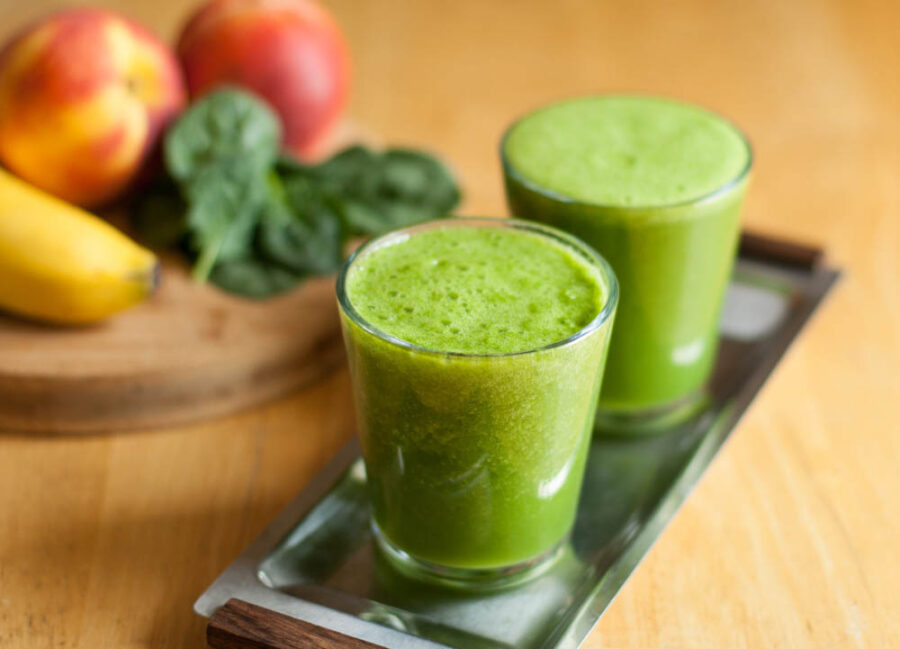Hello, and welcome to a life-changing adventure in dental health based on the ancient Ayurvedic teachings. At Royal Dental Clinics, we believe that achieving a fresh breath and maintaining optimal oral hygiene go hand in hand. Today, we explore a unique approach to treating bad breath, where ancient Ayurvedic principles intertwine with modern oral health. Join Dr. Chirag Chamria, a compassionate dentist and firm believer in the power of natural healing, as he unveils the secrets of Ayurveda’s time-tested remedies for foul breath. This article serves as a guiding light for patients seeking a comprehensive and personalized approach to oral care, empowering you with the knowledge to embrace Ayurveda and achieve long-lasting freshness in every breath.
Understanding the Root Cause for Bad Breath
Unveiling the Culprits Behind Bad Smell
Embarking on a journey to combat bad breath requires a deeper understanding of its root causes. While commonly attributed to oral hygiene issues, it can also stem from various underlying factors. While bacteria buildup on the tongue, gum diseases, and poor dental hygiene are significant contributors, Ayurveda delves further by considering the doshas – Vata, Pitta, and Kapha – in identifying the imbalances that may lead to halitosis.
The Role of Doshas in Foul Breath
According to Ayurveda, imbalances in the doshas can manifest in different ways, including bad breath. Each dosha has its unique characteristics that correlate with specific oral health concerns. Vata-related foul breath often exhibits dryness and coldness, Pitta-related bad smell is associated with excess heat and acidity, while Kapha-related bad breath tends to have a damp and stagnant quality. Understanding the dosha imbalance behind it enables a more targeted and effective Ayurvedic treatment approach.

Harnessing the Power of Ayurvedic Herbs
Ayurveda offers a treasure trove of herbs known for their therapeutic properties in combating bad breath. Neem, often called the “toothbrush tree,” possesses potent antibacterial properties that help eliminate oral bacteria and neutralize odors. Clove, with its aromatic and antimicrobial qualities, acts as a natural breath freshener. Cardamom and fennel seeds are known for their ability to stimulate saliva production, aiding in digestion and preventing dry mouth, a common cause of bad smell.
Oral Hygiene and Oil Pulling | Bad Breath
Oral Hygiene
Foundation for Fresh Breath: Maintaining proper oral hygiene is crucial in preventing bad breath and promoting overall oral health. Regular brushing, flossing, and tongue cleaning help remove plaque, bacteria, and food particles that contribute to unpleasant odors in the mouth. It is recommended to brush at least twice a day using a soft-bristle toothbrush and fluoride toothpaste. Paying attention to all surfaces of the teeth, including the back molars and along the gumline, ensures a thorough clean. Don’t forget to replace your toothbrush every three to four months or sooner if the bristles become frayed.
Oil Pulling
A Traditional Ayurvedic Practice: Oil pulling, an age-old Ayurvedic practice, is gaining recognition for its oral health benefits. It involves swishing a tablespoon of cold-pressed oil, such as coconut oil or sesame oil, in the mouth for about 10-15 minutes. The oil is moved around the mouth and between the teeth, reaching all areas. This process helps pull out toxins, bacteria, and other impurities from the oral cavity.
How Oil Pulling Works
Oil pulling works on the principle of oil’s ability to attract and bind to fat-soluble toxins present in the mouth. As the oil is swished around, it binds to bacteria, plaque, and debris, which are then expelled from the mouth when the oil is spat out. The process not only helps in removing harmful substances but also reduces the bacterial load in the mouth, resulting in fresher breath.
Choosing the Right Oil
When it comes to oil pulling, it’s important to select the right type of oil. Coconut oil and sesame oil are commonly used due to their antimicrobial properties. Coconut oil contains lauric acid, which has been found to have antibacterial effects, while sesame oil has been traditionally used in Ayurveda for its oral health benefits. Both oils are effective choices for oil pulling, but personal preference and availability can also influence the selection.
Ayurvedic Herbs and Mouthwash | Bad Breath
Neem
- Possesses powerful antibacterial properties.
- Helps eliminate bacteria in the mouth, reducing bad breath.
- Can be used as a toothpaste or mouthwash ingredient.
Clove
- Acts as a natural breath freshener.
- Contains eugenol, an antibacterial compound.
- Chewing on whole cloves or using clove-infused mouthwashes can help alleviate bad breath.
Triphala
- A combination of three fruits: Amalaki (Indian gooseberry), Bibhitaki, and Haritaki.
- Supports overall oral health and fresh breath.
- Possesses antibacterial properties and promotes healthy gums.
Cinnamon
- Contains essential oils with antimicrobial properties.
- Helps combat bacteria that contribute to bad breath.
- Can be used in mouthwashes or added to herbal teas for fresh breath.

Herbal Mouthwashes
- Made with a blend of Ayurvedic herbs.
- Help reduce bacteria in the mouth and freshen breath.
- Provide a natural alternative to conventional mouthwashes without harsh chemicals.
Dietary Considerations | Bad Breath
Staying Well-Hydrated for Oral Health: Fresh breath requires daily water intake. Water keeps the mouth moist and stimulates saliva production, which rinses away food and bacteria. To prevent dry mouth and foul breath, drink at least 8 glasses of water daily.
Embracing Fresh Fruits and Vegetables: Fresh produce improves health and fights bad breath. Apples, carrots, and celery clean teeth by stimulating saliva production and removing food and bacteria. Their high water content also hydrates the mouth.


Herbal Teas for Digestive Health: Herbal teas can aid digestion and prevent digestive-related bad breath. Peppermint tea soothes stomachs and improves digestion, reducing stomach-related bad breath. Chamomile and ginger teas calm the digestive system and freshen breath.
Avoiding Strong Odor-Inducing Foods: Garlic, onions, and spices can cause it. The lungs expel volatile compounds from these foods. Limiting these foods or being aware of their breath-freshening effects can help.
Moderating Alcohol and Caffeine Intake: Alcohol and caffeine dehydrate, causing dry mouth and bad breath. Limiting alcohol and caffeinated drinks like coffee and tea can help prevent dry mouth and it.
Importance of Tongue Scraping | Bad Breath
Removing Bacterial Coating: Bacteria, dead cells, food particles, and other debris cover the tongue. These affect oral hygiene and it. Scraping the tongue removes this bacterial coating.
Eliminating Odor-Causing Bacteria: VSCs, produced by tongue bacteria, cause it. Regular tongue scraping removes these odor-causing bacteria, reducing VSC production and freshening breath.
Enhancing Oral Hygiene: Tongue scraping enhances oral hygiene. Tongue scraping removes bacteria from the tongue’s surface, unlike brushing and flossing. Tongue scraping daily ensures a thorough cleaning and promotes oral health.
Improving Taste Perception: Coated tongues make it hard to taste flavors. Regular tongue scraping removes buildup that dulls taste buds. This improves taste and eating pleasure.
Lifestyle and Stress Management
Lifestyle and stress management play an important role in maintaining fresh breath. Stress can contribute to dry mouth, which can lead to it. Incorporating stress management techniques, such as regular exercise, meditation, and deep breathing exercises, can help reduce stress levels and promote overall well-being. Additionally, adopting a healthy lifestyle that includes regular sleep patterns, balanced meals, and avoiding tobacco and excessive alcohol consumption can contribute to optimal dental health and fresh breath. By prioritizing self-care and implementing stress management strategies, you can positively impact your breath and overall oral health.
“Awaken your breath’s true potential with Ayurveda’s gentle embrace. Let nature’s wisdom and holistic care unveil a fresher, more confident you.”
Dr. Chirag Chamria
Conclusion
Ayurveda’s holistic and novel approach to treating bad breath is a welcome addition to the field of oral health. By delving into the root causes, incorporating herbal remedies, embracing lifestyle adjustments, and practicing self-care, Ayurveda provides a comprehensive framework for achieving long-lasting freshness and oral well-being. So, let Ayurveda be your guide. Embrace the power of neem, clove, and other Ayurvedic herbs. Practice oil pulling and tongue scraping as ancient rituals for oral hygiene. Pay attention to your diet, hydration, and stress levels. And most importantly, partner with a knowledgeable dentist like Dr. Chirag Chamria who combines the best of Ayurveda and modern dentistry.
© All rights reserved by Royal Dental Implants Pvt Ltd
Issued in public interest






